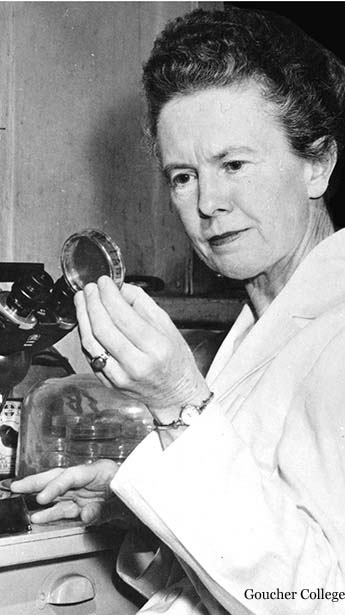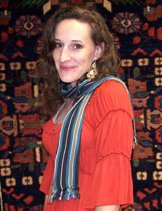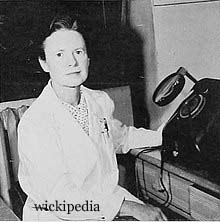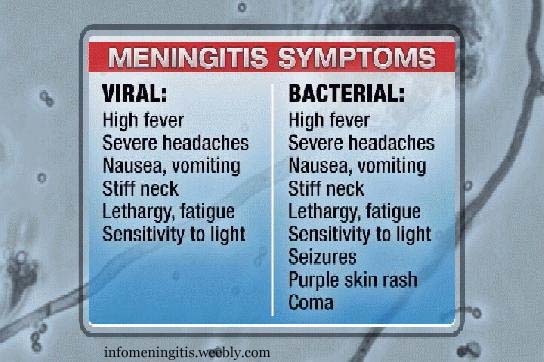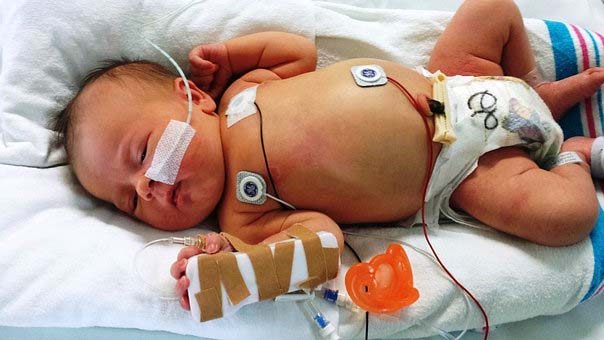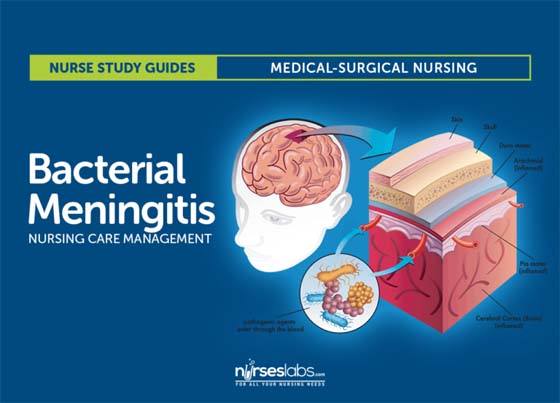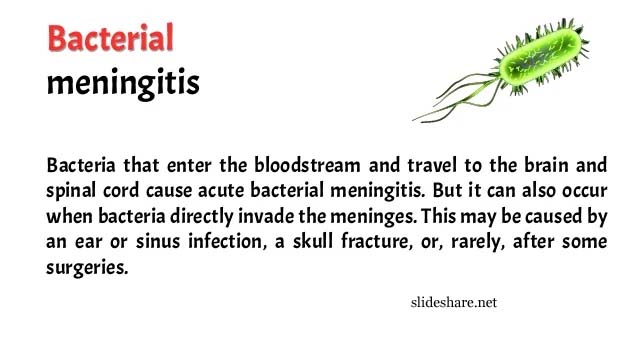HATTIE ALEXANDER
Hattie
Alexander (1901-1968), was an American microbiologist, pediatrician, and
researcher who discovered the first cure for pediatric influenzal meningitis as
well as the first effective remedies for bacteria that cause ear, eye or sinus
infections and pneumonia in infants and children. Her work helped reduce the
mortality rate from these diseases from nearly 100 percent to less than 25
percent. She was also one of the first researchers to take note of bacterial
resistance to antibiotics. Additionally, she is known as a pioneer in her work
in DNA research.
EDUCATION
Hattie Elizabeth Alexander was born on April 5, 1901, in Baltimore, Maryland, the second of seven children. After graduating from High School, Hattie was determined to continue her education and received a full scholarship at Goucher College.
At Goucher College, she was just an average student, more interested in athletics than her college studies. However, she had a strong interest in hygiene, which led her to decide to study bacteriology and physiology with plans to go to medical school.
After graduation from Goucher College with an A.B. in bacteriology and physiology in 1923, she worked as a bacteriologist in the National Laboratory in Washington, D.C. for several years to save the money needed for medical school.
Hattie also worked for the United States Public Health Service and the Maryland Public Health Service and was initially enrolled at the University of Maryland before she transferred to Johns Hopkins University medical school. Alexander was an excellent student there, graduating with an M.D. in 1930, focusing on pediatrics.
MEDICAL CAREER
Hattie Alexander’s career path was solidified with her first job at the Harriet Lane Home in Baltimore at the Johns Hopkins Hospital. It was there her lifelong interest in influenzal meningitis began. Her goal was to advance research of infectious diseases and the biology of the microorganisms that cause meningitis, and her early work was done in a time before antibiotics or vaccinations were available.
In 1931, she worked at Babies Hospital of the Columbia-Presbyterian Medical Center as an intern. When her internship was completed, she accepted an appointment in the pediatrics department and in 1932 , she became an instructor and researcher in the Department of Pediatrics at Columbia University. She earned respect as an excellent teacher, researcher, and medical doctor.
She started as the Holt Fellow in Diseases of Children in 1932, then Assistant in Diseases of Children in 1934, then Instructor in Diseases of Children in 1935. She was an assistant professor in 1943, associate professor in 1948, and then in 1958, she was promoted to full professor.
At the Columbia-Presbyterian Babies Hospital, she became the main authority on bacterial infections and the lead microbiologist in the lab.
From 1941 to 1945, Alexander served as a consultant to Secretary of War, Henry L. Stimson on the Influenza Commission.
RESEARCH WITH BACTERIAL MENINGITIS
Hattie Alexander’s first research studies at the Harriet Lane Home in Baltimore had to do with the diagnosis and treatment of bacterial meningitis. This disease was not responding to the anti-influenza serum that was prepared in horses.
Alexander knew that researchers at the Rockefeller Institute in Albany, NY had been able to prepare an effective serum for the treatment of pneumonia in rabbits. She applied this technique to the development of an effective therapy for meningitis. By immunizing rabbits with large doses of influenza bacilli, she was able to develop and completely cure critically ill infants with meningitis. Her work was published in 1939 and was the first successful treatment of this disease, which was previously fatal.
INFLUENZAL MENINGITIS RESEARCH
After her success with bacterial meningitis, Alexander began to experiment how various drug treatments would work to combat influenzal meningitis, starting first with sulfa drugs and then other antibiotics. After many years, she was able to produce therapeutic strategies that were able to significantly reduce the death rate of patients with influenzal meningitis. Her research helped lay the groundwork for research into antibiotic and vaccine development.
EARLY WORK WITH MICROBIOLOGICAL GENETICS
AND DNA
Hattie Alexander was one of the first medical researchers to observe the rapid development of resistance of influenza bacilli cultures to antibiotic drugs. This led her into an intensive study of the new area of microbiological genetics.
Alexander recognized the importance of a 1944 Rockefeller Institute report that detailed artificial changes in hereditary characteristics of pneumococci by means what would later be known as DNA. Although many scientists were skeptical or indifferent to the information in the report, Alexander, collaborating with Grace Leidy, developed techniques that produced hereditary changes in the DNA of Hemopohilus influenzae in 1950. Their work served as an extension of the microbiological genetics work at the Rockefeller Institute in the 1940s and provided confirmation of their work.
POST RETIREMENT
Hattie Alexander retired in 1966 but continued to lecture and serve as a consultant to the Presbyterian Hospital.
She continued to be productive using the latest information in genetic research into her own research of several bacterial species and viruses. She continued teaching in the hospital wards, as well, passing on her clinical knowledge to the next generation of pediatricians. She also studied tuberculosis.
HATTIE ALEXANDER LEGACY
Hattie Alexander published over 150 papers during her lifetime.
Her work was widely recognized, and she received many awards and honors:
- 1942 - E. Mead Johnson Award for Research in Pediatrics.
- 1954 - Stevens Triennial Prize.
- 1956 – The Elizabeth Blackwell Award.
- 1961 – Oscar B. Hunter Memorial Award of the American Therapeutic Society.
- 1963 – Babies Hospital Distinguished Service Medal.
- 1964 - First woman to serve as president of the American Pediatric Society.
Additionally, Alexander received honorary degrees from Goucher College and Wheaton College.
INTERESTS OUTSIDE MEDICINE
Alexander had many interests outside of medicine. She loved music, travel, and the growing of rare, exotic flowers. With her companion of many years, Dr. Elizabeth Ufford, she resided in Port Washington, New York where they both enjoyed boating.
DEATH
Hattie Alexander died of liver cancer in New York City on June 24, 1968. She never married or had children.
"The Cleanest Clean You've Ever Seen."
by
ABC Oriental Rug & Carpet Cleaning Co.
130 Cecil Malone Drive Ithaca, NY 14850
607-272-1566
